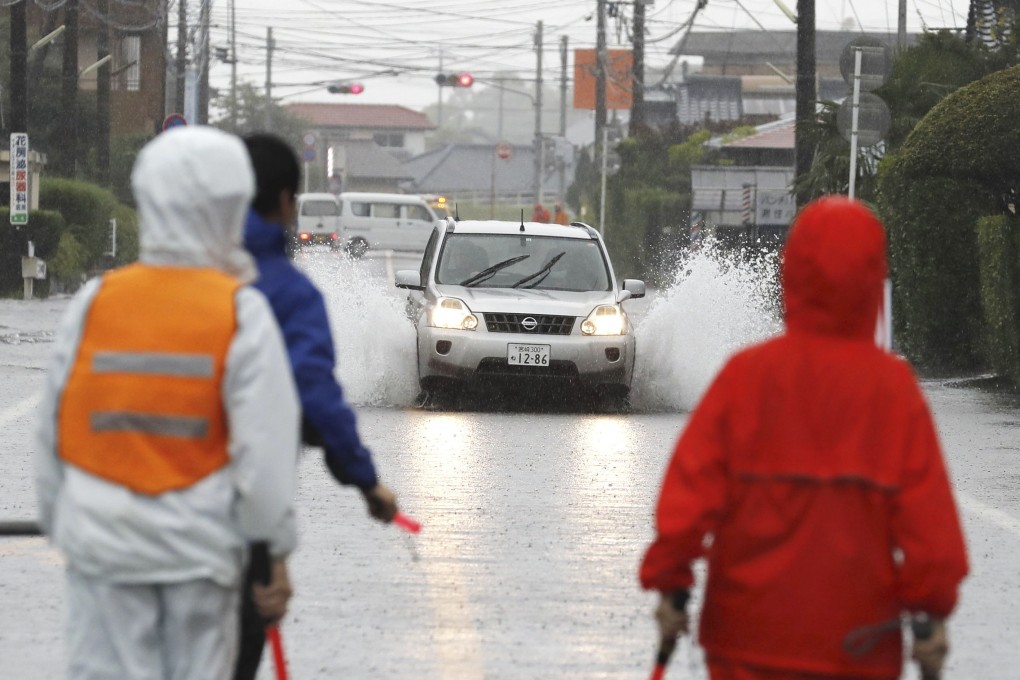Japan’s worst summer ever: how grey skies and economic concerns have rained on holidaymakers’ parade
- Japan’s beaches, parks and swimming pools would normally be packed with holidaymakers enjoying the sunshine, but not this year
- The average Japanese household plans to spend just over 68,000 yen (US$631) on summer holidays – that’s 16,000 yen less than last year

Issei Izawa, a 20-year-old student from Yokohama, had his heart set on a summer full of trips to the beach with his friends. But Japan’s unseasonably dreary weather persuaded him to abandon those plans and spend the months trying to pay off student loans by taking more shifts at the restaurant where he works.
“It’s not how I expected to be spending this summer but there are not too many other options and my friends are all doing the same,” he says. “Maybe if we’re lucky the weather might get better next month.
“I made plans with my friends to go to the beach most weekends in July and August and I’ve been looking forward to it because we had such a good time last year. But it has just been so grey there’s no point in even going.”
Tokyo recorded fewer than three hours of sunlight each day between the middle of June and July 16 – the worst stretch since the summer of 1961, according to the Meteorological Agency of Japan.
Equally, the average temperature in Tokyo was last week a tepid 22.1 degrees Celsius and just 21.9 degrees in Yokohama. Last July, Tokyo temperatures were above 30 degrees every day of the month. The temperature on July 23, 2018 hit a record 41.1 degrees in Kumagaya.
I can’t remember a summer worse than this
The weather has kept people home, with several of Japan’s beaches, parks and swimming pools experiencing a sharp drop in visitor numbers.